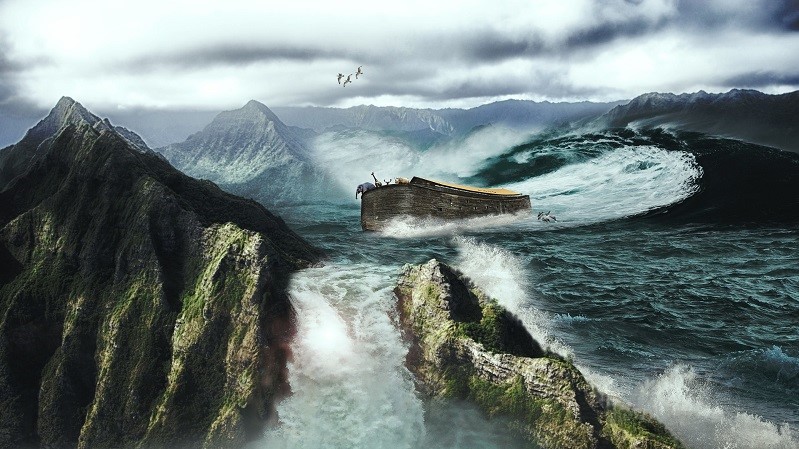One of the parts of parenting that I struggle with the most is when my children’s actions have negative consequences, and they don’t understand they’ve brought it upon themselves. Because they are not developmentally ready to make that connection, they have no understanding that they played a role in causing those results. Instead, they blame me.

For example, I’ll tell the kids it’s time to go up stairs and get ready for bed. We set a timer, knowing that if it goes off before they’re ready for bed, that means we’re out of time for stories. The idea is to beat the timer to ensure you get a story. But of course they play around, dawdle, complain, do anything but get ready for bed. I gently remind them that the timer has started and if they don’t start listening and moving, there will be no story. In my mind, the expectations are very clearly set, but inevitably the timer goes off without finishing bedtime preparations, and we don’t have time for a book. Cue the tantrum from the children and my “you did this to yourself” conclusion that they can’t quite internalize.
While we may have a better grasp of situations and our roles as we mature, we still do this to ourselves as adults. Yes, sometimes our struggles have outside causes, but sometimes we have no one to blame but ourselves. Parshat Noach, our Torah portion this week, carries this message with it. Parshat Noach details the misbehavior of the people who inhabit the earth in this pre-Judaism time. We read about Noah as a beacon of hope among the despicable people of his town. God instructs Noah to build the ark, put the animals on it, and escape destruction under God’s protection during the flood. Noah’s story is capped off with a covenant between God and humankind to never again destroy the world. Unfortunately, the beauty of the rainbow is quickly tainted as we learn of the misdeeds committed by a new civilization in trying to reach up closer to God.
As we read the story of the flood, God is very clear about why the flood is necessary: “I have decided to put an end to all flesh, for the earth is filled with lawlessness because of them; I am about to destroy them with the earth.” In other words, God reminds Noah that civilization brought this on themselves. Their behavior, the lack of rule following, the unethical, immoral, and nasty actions brought on this flood.
The lesson seems clear: we reap what we sow. Displacement of peoples, pollution, the healthcare crisis – these issues are ones we’ve brought on ourselves, and we have to change them ourselves. While my 4- and 7-year-old may not be able to fully grasp this, Parshat Noach reminds us that as adults, we are responsible for our actions and what happens because of them, positive and negative.



